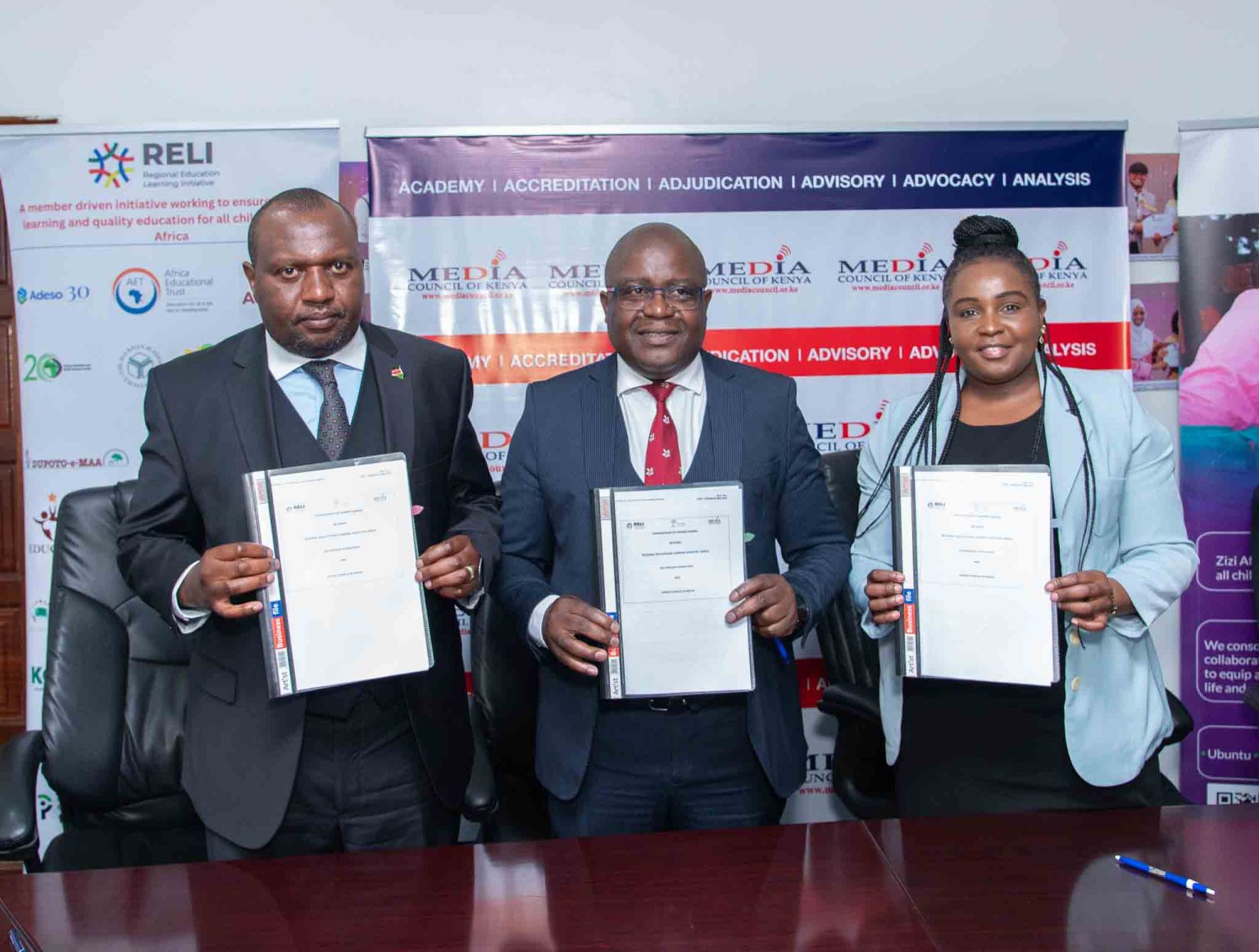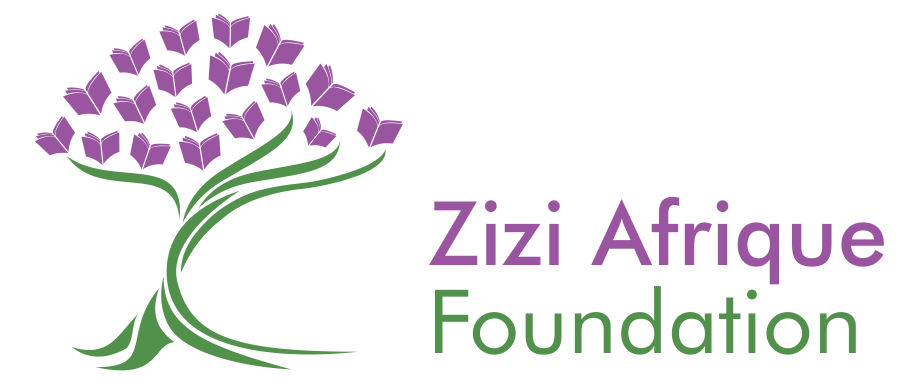Zizi Afrique Foundation (ZAF), RELI Africa, and the Media Council of Kenya signed a Memorandum of Understanding to increase and improve education reporting through journalist story grants, revival of education desks in newsrooms, and an annual award for education reporting that elevates life skills issues in public discourse. This ensures consistent visibility of life skills education in national narratives. The first capacity-building workshop was conducted to empower over 25 Journalists from national and local media across Kenya with skills to report on education. Growing interest was immediately evident, with over 270 story ideas submitted to the media council for journalists seeking grants for their stories. ZAF also entered into an understanding with the Royal Media Services (RMS), the leading media house in Kenya, to advance public conversations on education through town hall discussions.





